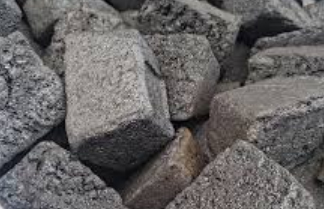What are the disadvantages of carbon paste electrodes?
Carbon paste electrodes (CPEs) are widely used in electrochemical applications due to their versatility, low cost, and ease of preparation. However, like any other analytical technique or material, carbon paste electrodes also have some disadvantages. Here are a few:
Limited Conductivity: Carbon paste electrodes may have lower electrical conductivity compared to other types of electrodes. This can result in higher resistances and may limit their use in certain applications where low resistance is crucial for achieving accurate and sensitive measurements.
Reproducibility: The reproducibility of carbon paste electrodes can be a challenge. The properties of the paste, including the particle size and distribution, can vary from batch to batch, affecting the electrode’s performance and reproducibility.
Sensitivity to Oxygen: Carbon paste electrodes can be sensitive to oxygen, leading to changes in their electrochemical behavior. This sensitivity can be a drawback in applications where oxygen interference needs to be minimized.
Surface Contamination: The surface of carbon paste electrodes is susceptible to contamination, which can influence the electrode response. Adsorption of species from the sample matrix onto the electrode surface can lead to interference and affect the accuracy of measurements.
Limited pH Range: The pH range over which carbon paste electrodes can be used effectively is limited. Extreme pH conditions can adversely affect the stability and performance of the electrode.
Mechanical Stability: Carbon paste electrodes may lack mechanical stability, especially when subjected to mechanical stress or pressure. This can lead to deformation or breakage of the electrode, affecting its performance.
Limited Potential Window: Carbon paste electrodes may have a limited potential window, especially in comparison to some other electrode materials. This limitation can restrict their use in certain electrochemical applications requiring a broader potential range.
Not Suitable for All Analytes: While carbon paste electrodes are versatile, they may not be suitable for all types of analytes. Some analytes may interact with the carbon surface in ways that affect the accuracy and reliability of measurements.
Despite these disadvantages, carbon paste electrodes remain popular in many applications due to their simplicity, cost-effectiveness, and adaptability. Researchers often choose electrodes based on the specific requirements of their experiments, considering both the advantages and disadvantages of the available electrode materials.






